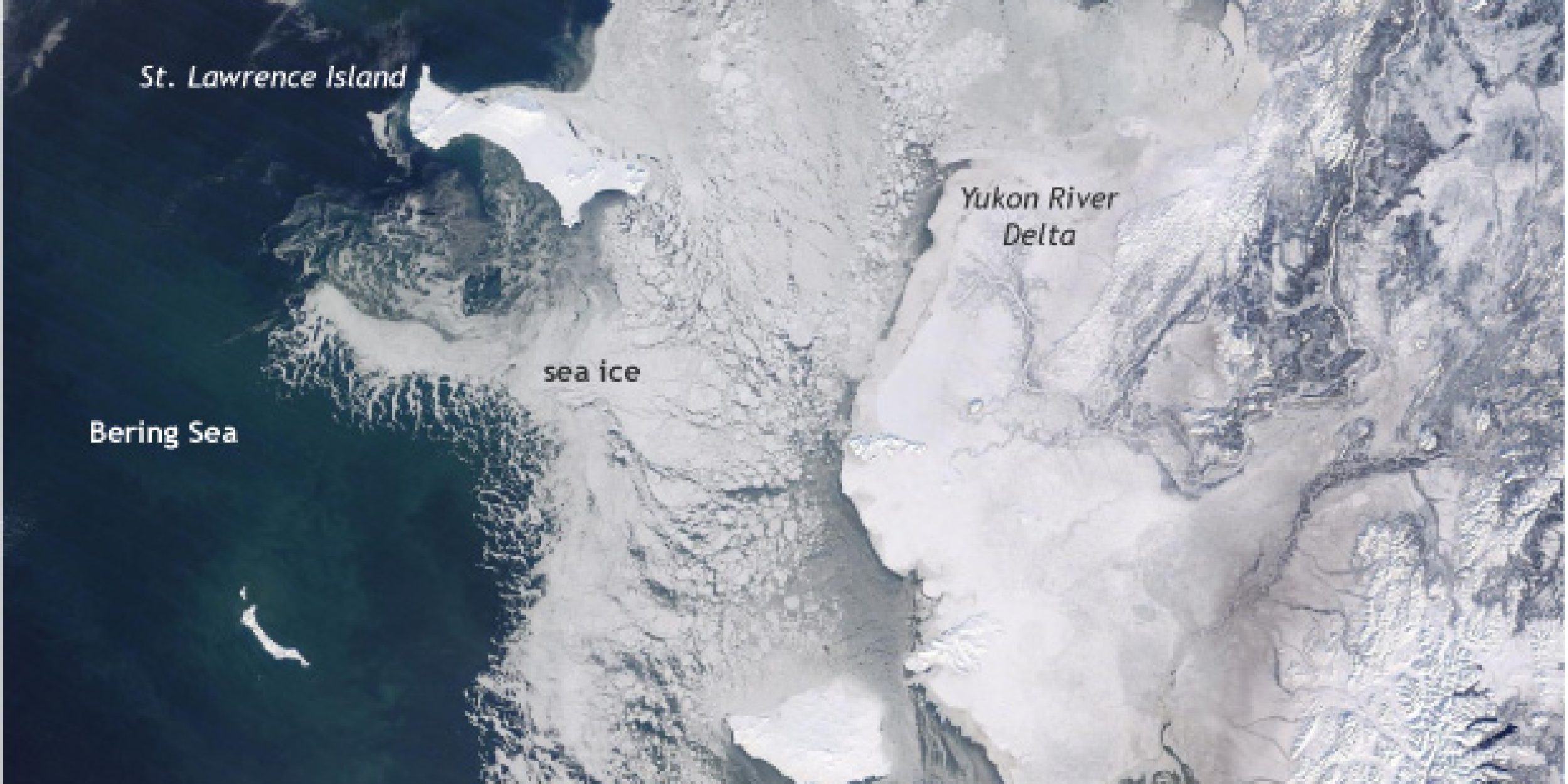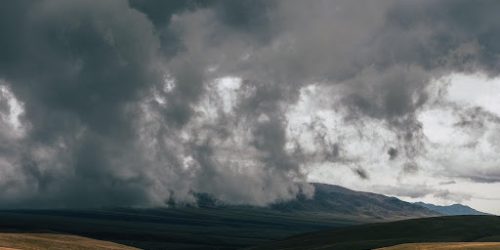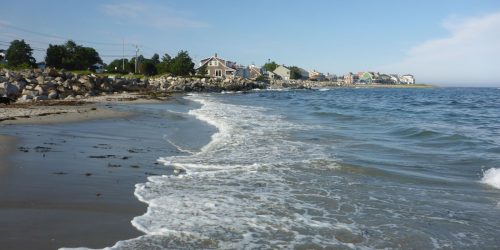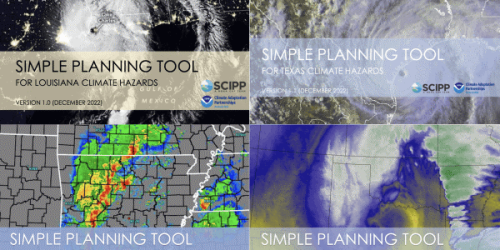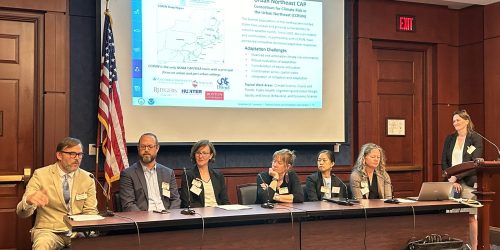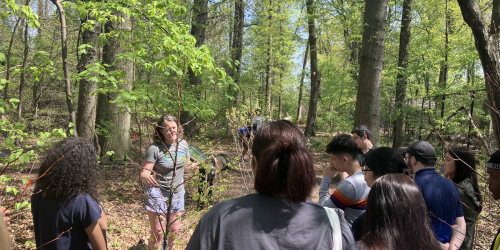A new analysis led by Rick Thoman (Climate Specialist with CPO’s Alaska RISA) examines whether climate change influenced the 2018 record-low Bering Sea ice extent. The article is one of 21 new peer-reviewed analyses published as part of the eighth edition of the Bulletin of the American Meteorological Society (BAMS) report, Explaining Extreme Events in 2018 from a Climate Perspective. During the 2017/18 Northern Hemisphere cold season, sea ice extent in the Bering Sea hit a record low, causing widespread and profound regional impacts. The authors found that according to climate models, human-caused warming was an overwhelmingly likely contributor to the low sea ice extent. In addition, with ongoing global warming, such low levels like the 2018 extent could be typical by the 2040s.
Anthropogenic climate change “overwhelmingly likely contributor” to 2018 record low Bering Sea ice extent
